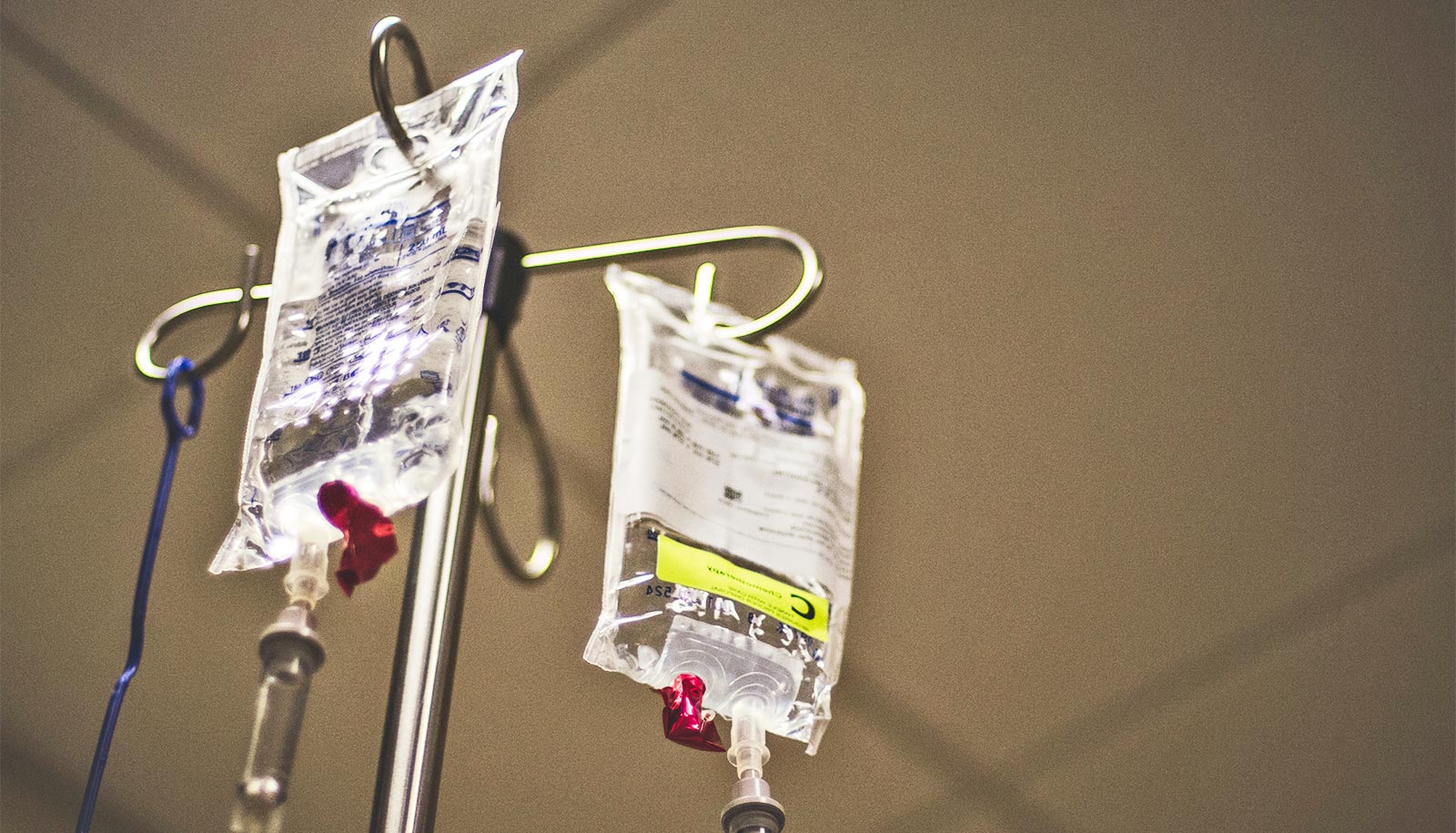A new case report documents how a patient’s use of a common biotin supplement, also known as vitamin B7, caused her to have clinically misleading test results, which led to numerous consultations and unnecessary radiographic and laboratory testing.
The patient in the case report took a 5,000 mcg dose of biotin daily. Biotin supplements in that dosage are commonly available over-the-counter, without a prescription, in many grocery and drug stores for about $8-$20 a bottle. Their marketing claims they’re good for healthy hair, skin, and nails, but there is no scientific evidence to support this claim.
In this patient’s case, “The negative clinical impact included weeks of psychological distress concerning the possibilities of hypercortisolemia or a testosterone-producing tumor. Most significantly, these abnormal test results nearly resulted in an unnecessary invasive procedure for a complex patient with a hypercoagulable state,” write the authors in the Journal of the Endocrine Society.
Hypercortisolemia is a condition involving a prolonged excess of cortisol—a steroid hormone—in blood.
This joint supplement may speed up melanoma
“The literature is lacking with regard to biotin interference with serum cortisol and testosterone immunoassays, as in our case-report,” says corresponding author Maya Styner, associate professor of endocrinology and metabolism in the department of medicine at the UNC School of Medicine.
“Patients are ingesting supplements in a higher frequency, and higher doses, and therefore this case is timely and relevant from both a clinical and basic-science perspective.”
Never mind if they work, are supplements safe?
In November 2017, the US Food & Drug Administration issued a warning “alerting the public, health care providers, lab personnel, and lab test developers that biotin can significantly interfere with certain lab tests and cause incorrect test results which may go undetected.”
Coauthors of the case report are from UNC and the Hospital Clinical Laboratory and Point of Care at the Mayo Clinic in Rochester, Minnesota.



